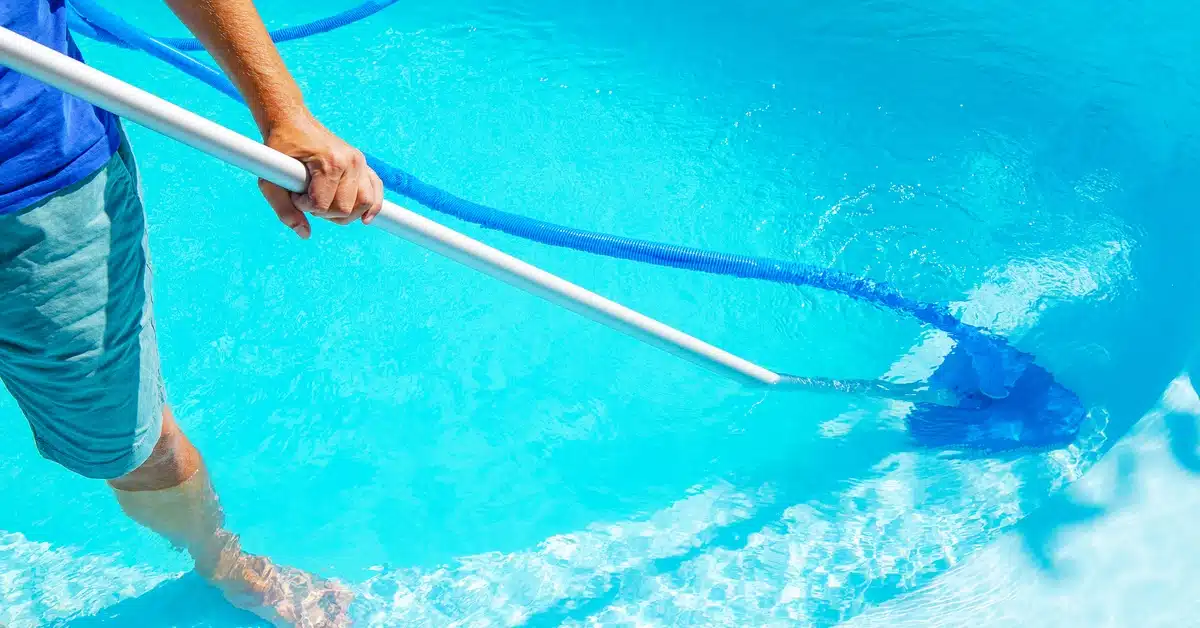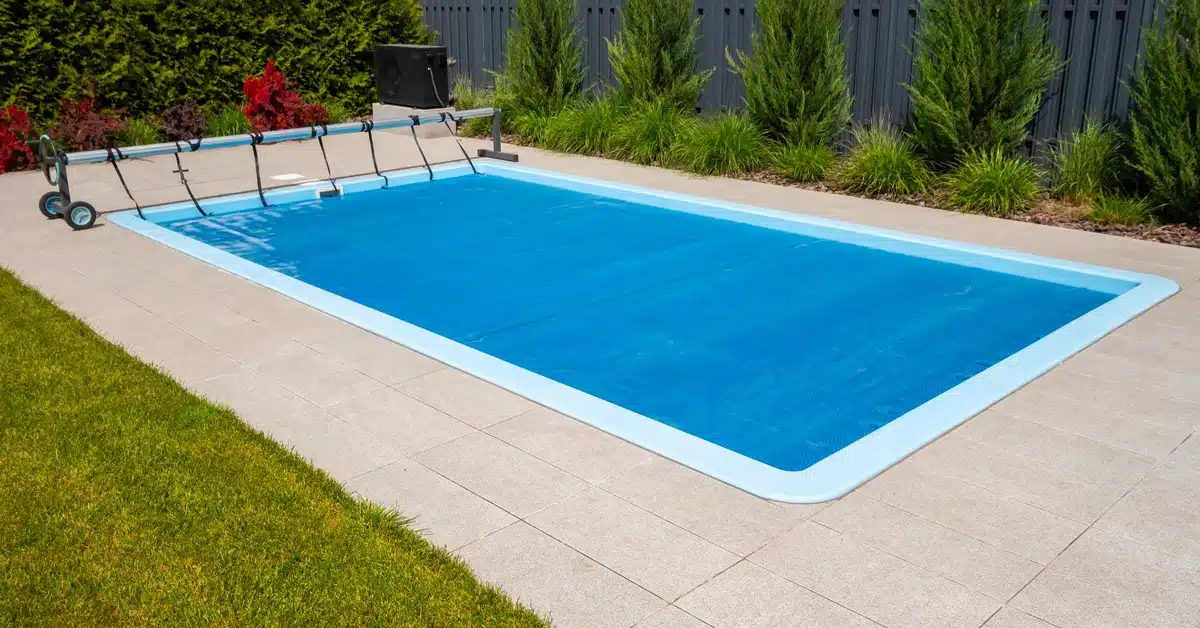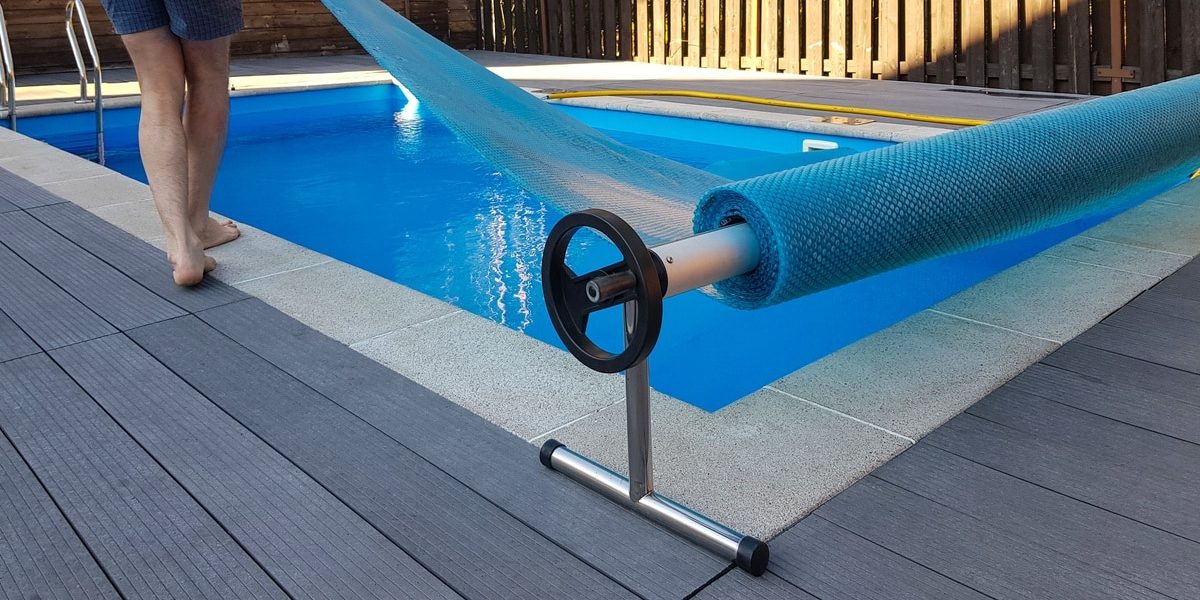Florida’s sunshine and warmth make it a paradise for pool owners, but the state’s unpredictable weather can quickly turn that dream into a maintenance nightmare. Between hurricanes, tropical storms, heavy rains, and intense UV exposure, your pool faces constant threats that can lead to costly repairs if left unaddressed. Learning how to protect your pool from Florida’s harsh weather damage preserves your investment and ensures your backyard oasis remains safe, functional, and beautiful year-round.
Understanding Florida’s Weather Challenges
Florida’s climate presents unique obstacles for pool owners. The state experiences some of the most intense UV radiation in the country, which can fade pool surfaces, deteriorate equipment seals, and break down chemicals faster than in milder climates. Pool water evaporates quickly under the scorching sun, leading to imbalanced chemistry and concentrated minerals that can stain or scale your pool’s interior.
The Hurricane Factor
Hurricane season, running from June through November, brings its own set of concerns. High winds can turn patio furniture and debris into projectiles that damage pool surfaces and equipment. Heavy rainfall dilutes pool chemistry and can overwhelm drainage systems, while storm surge in coastal areas may introduce saltwater and contaminants. Even tropical storms that don’t make direct landfall can dump inches of rain in hours, creating water balance nightmares.
Year-Round Humidity and Heat
The constant humidity accelerates the growth of algae and bacteria, requiring more vigilant chemical maintenance. Pool equipment works harder in Florida’s heat, shortening the lifespan of pumps, heaters, and filters. Metal components face accelerated corrosion from the salt-laden air, particularly in coastal regions.
Regular Pool Maintenance Tips
Consistent maintenance protects your pool from weather-related damage. Testing your water chemistry at least twice weekly during summer months helps you stay ahead of imbalances caused by heat and evaporation. Keep your pH between 7.2 and 7.6 and maintain proper chlorine levels to prevent algae blooms that flourish in warm water.
Skimming and Cleaning Routines
Daily skimming removes debris before it sinks and stains your pool floor. Brush the walls and floor weekly to prevent algae buildup, paying special attention to shaded areas where spores thrive. Vacuum thoroughly to capture fine particles that cloud your water and strain your filtration system.
Chemical Balance in Extreme Conditions
Florida’s intense sun burns off chlorine rapidly, sometimes requiring stabilizer additions to protect your sanitizer. Test the water immediately after heavy rains and adjust chemicals as needed. Rainwater can dilute your pool’s chemicals, causing chlorine to drop to unsafe levels. Keep calcium hardness in check to prevent scaling, which becomes more problematic as water evaporates and minerals concentrate.

Investing in Quality Pool Covers
A durable pool cover is one of your best defenses against Florida’s weather. During hurricane season, a properly secured cover prevents debris from entering your pool and reduces the amount of contaminated water you’ll need to treat after a storm passes. Quality covers also minimize water evaporation during dry spells, conserving water and reducing chemical consumption.
Types of Covers for Florida Pools
Safety covers provide dual benefits. They protect your pool from debris while preventing accidental falls. Automatic covers offer convenience for daily use, making it easy to shield your pool from afternoon thunderstorms that roll through with little warning. Solar covers harness the sun’s energy to warm your water while significantly reducing evaporation.
Installation Considerations
Ensure your cover fits properly and features secure anchor points that can withstand strong winds. A poorly fitted cover can catch wind like a sail, potentially damaging your pool deck or the cover itself. Professional installation guarantees proper tension and drainage, preventing water from pooling on top and creating breeding grounds for mosquitoes.
Landscaping Strategies for Pool Protection
Strategic landscaping creates natural barriers against wind and provides shade that reduces water temperature and evaporation. Native Florida plants tolerate the climate better than exotic species and require less maintenance, reducing the amount of debris that ends up in your pool.
Windbreak Vegetation
Planting salt-tolerant shrubs and trees on the windward side of your pool helps deflect strong breezes and filters airborne debris. Sea grape, saw palmetto, and native hollies grow well in Florida’s sandy soil and provide year-round protection. Position these plants far enough from the pool to prevent roots from damaging underground plumbing while still offering effective wind reduction.
Ground Cover and Mulching
Proper ground cover around your pool deck minimizes the amount of dirt and sand tracked into the water. Mulching planting beds prevents soil erosion during heavy rains and reduces the number of weeds that contribute seeds and organic matter to your pool. Choose materials that won’t blow away easily during tropical storms.

Inspecting and Repairing Pool Equipment
Your pool’s mechanical systems bear the brunt of Florida’s harsh conditions. Monthly inspections of pumps, filters, and heaters help you catch problems before they escalate into expensive failures. Look for signs of corrosion on metal components, cracks in plastic housings, and leaks around seals and connections.
Protecting Equipment From the Elements
Install equipment in covered, well-ventilated spaces that shield machinery from direct sun and rain. While manufacturers design pool equipment for outdoor use, overhead protection significantly extends its lifespan. Ensure electrical components have proper ground fault circuit interrupter protection to prevent shock hazards during Florida’s frequent lightning storms.
Seasonal Equipment Checks
Before hurricane season, securely mount all equipment to prevent shifting in high winds. Drain unnecessary water from pumps and heaters if you’re evacuating for an approaching storm. After severe weather, inspect all equipment before restarting. Debris may have caused damage, and operating compromised machinery risks further harm.
Maintaining Your Pool Investment for Years To Come
Understanding how to protect your pool from Florida’s harsh weather damage requires vigilance, regular maintenance, and smart preventive measures. By implementing these strategies, you’ll minimize weather-related damage and extend your pool’s lifespan.
Florida’s climate doesn’t have to mean constant repairs and replacements. If you notice signs of wear such as rough surfaces, fading plaster, or persistent staining despite proper maintenance, contact Gulf Coast Pool Consulting & Construction. We provide professional pool resurfacing services in Panama City, FL. Our experienced team can assess your pool’s condition and recommend solutions that will help it withstand Florida’s challenging climate. Taking action now protects your investment and ensures countless more years of enjoyment in your backyard retreat.

